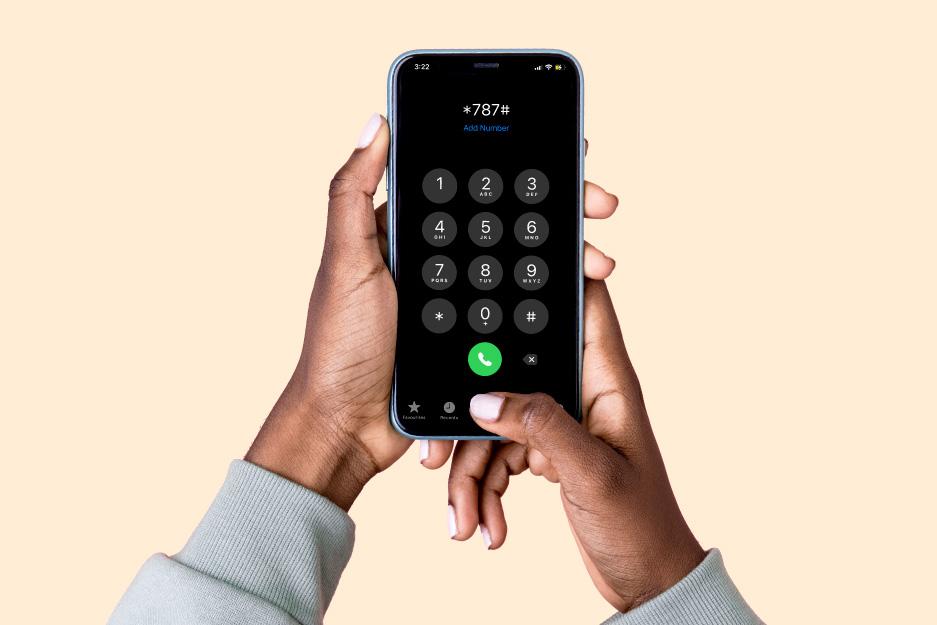A list of the harmonised USSD codes in Nigeria
Effective May 17, 2023, all mobile operators are mandated by the Nigerian Communications Commission to migrate from diverse short codes to harmonised codes. We curated a list of the new codes.

In line with its consumer-centric approach to telecoms regulation, the Nigerian Communications Commission (NCC) has directed mobile network operators to commence implementation of approved harmonised shortcodes for providing certain services to telecom consumers in Nigeria.
The Commission has already set a deadline of 17 May 2023, for all mobile networks to fully migrate from hitherto diverse shortcodes to harmonised codes.
This harmonisation is aimed at achieving uniformity in common shortcodes across networks. This means that the code for checking airtime balance is the same across all mobile networks for the same function, irrespective of the network a consumer uses.
With the new codes, telecom consumers using the over 226 million active mobile lines in the country can now use the same codes to access services across the networks.
The following thirteen common codes have been approved by the NCC under the new harmonised shortcodes regime.
- Call centre — 300
- Voice mail deposit — 301
- Voice mail retrieval — 302
- Borrow services — 303
- Stop services — 205
- Check balance — 310
- Credit recharge— 311
- Data plan — 312
- Share services — 321
- Data plan balance — 323
- NIN verification and NIN-SIM linkage — 996
- DND — 2442
- Porting services — 3232
According to the NCC, the old and new harmonised shortcodes will run concurrently up until 17 May 2023, when all networks are expected to have fully migrated to full implementation of the new codes. The period between now and 17 May 2023 is provided by the commission to enable telecom consumers to familiarise themselves with the new codes for various services.
The initiative, which is in line with NCC’s regulatory modernisation programme is designed to make life much easier for telecom consumers. "It will be easier for Nigerians to memorise single codes for various services across all mobile networks they may be using, thereby improving consumer quality of experience (QoE)," NCC said in a statement.






